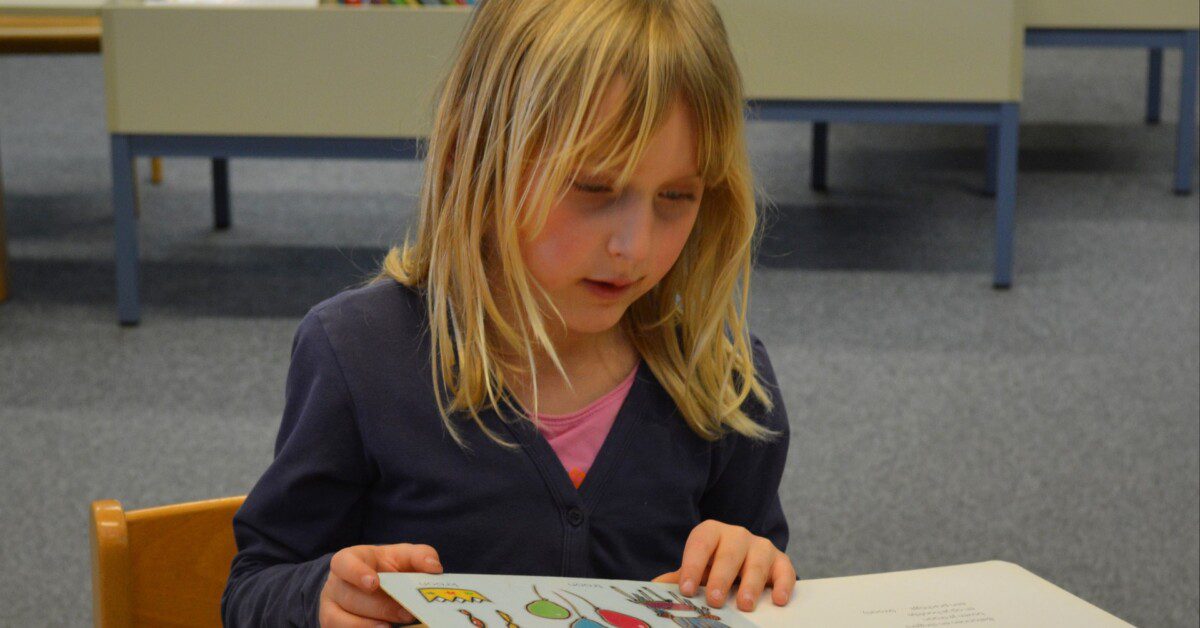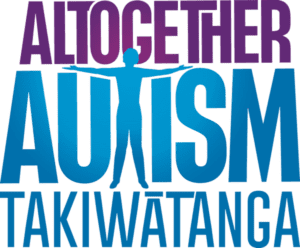
Schooling in New Zealand is compulsory for children aged between six and 16. However, most children will start attending school or kura from the age of five.
Starting school is an important milestone for every child. If your child has a disability, you’ll want to begin planning early to make sure the supports your child will need are in place before they start school. This may include applying for funding and support services, and making arrangements for school modifications.
Read our page about support services and funding for children with disabilities at school.
Choosing a school
If you have been working with early intervention services they will be able to help you with the process of starting school.
The Ministry of Education has also created a useful booklet for parents and caregivers of children with special needs who are starting school. It looks at the different types of schooling options, and what you should consider when choosing a school.
There are also tips and checklists to help you make your decision and hints to help manage the transition to primary school and prepare your child for their new school.
Visit the Altogether Autism website to read Autism, communication and education – an article by Dr Emma Goodall about the importance of helping your child’s school and teacher to understand your child’s communication profile so they can participate successfully in education.
You can search for local schools on the Education Counts website.
Special schools
Most children with disabilities can flourish within school or kura learning environments with the right supports in place. However, if your child has high needs, then attending a special school may be an option.
Your child may be considered high needs if they need the curriculum adapted for them, and additional support from specialist staff, extra teaching time and teacher’s aide support.
You can find a list of special schools on the Ministry of Education website.
Other options for children who are unable attend school
Te Kura (formerly The Correspondence School) provides distance learning for students who are unable to attend their local school. Students can also study with Te Kura if they have a medical condition, have special education needs, or meet the gifted and talented criteria for enrolment. Visit the Te Kura website to learn more and find out if your child is eligible to enrol.
Regional health schools are for students with significant health difficulties who can’t attend their local school because they are in hospital, recovering at home, or gradually returning to school. Health school teachers work with students both in hospital and at home. Three regional health schools based in Auckland, Wellington and Christchurch cover the whole country.
Home education is when parents take responsibility for the education of their children at home, instead of enrolling them in school. It is also known as homeschooling. Because all children aged 6-16 must attend a registered school by law, you will need to apply for an exemption from the Ministry of Education if you want to teach your child at home. Learn more about home education at the Ministry of Education website.





